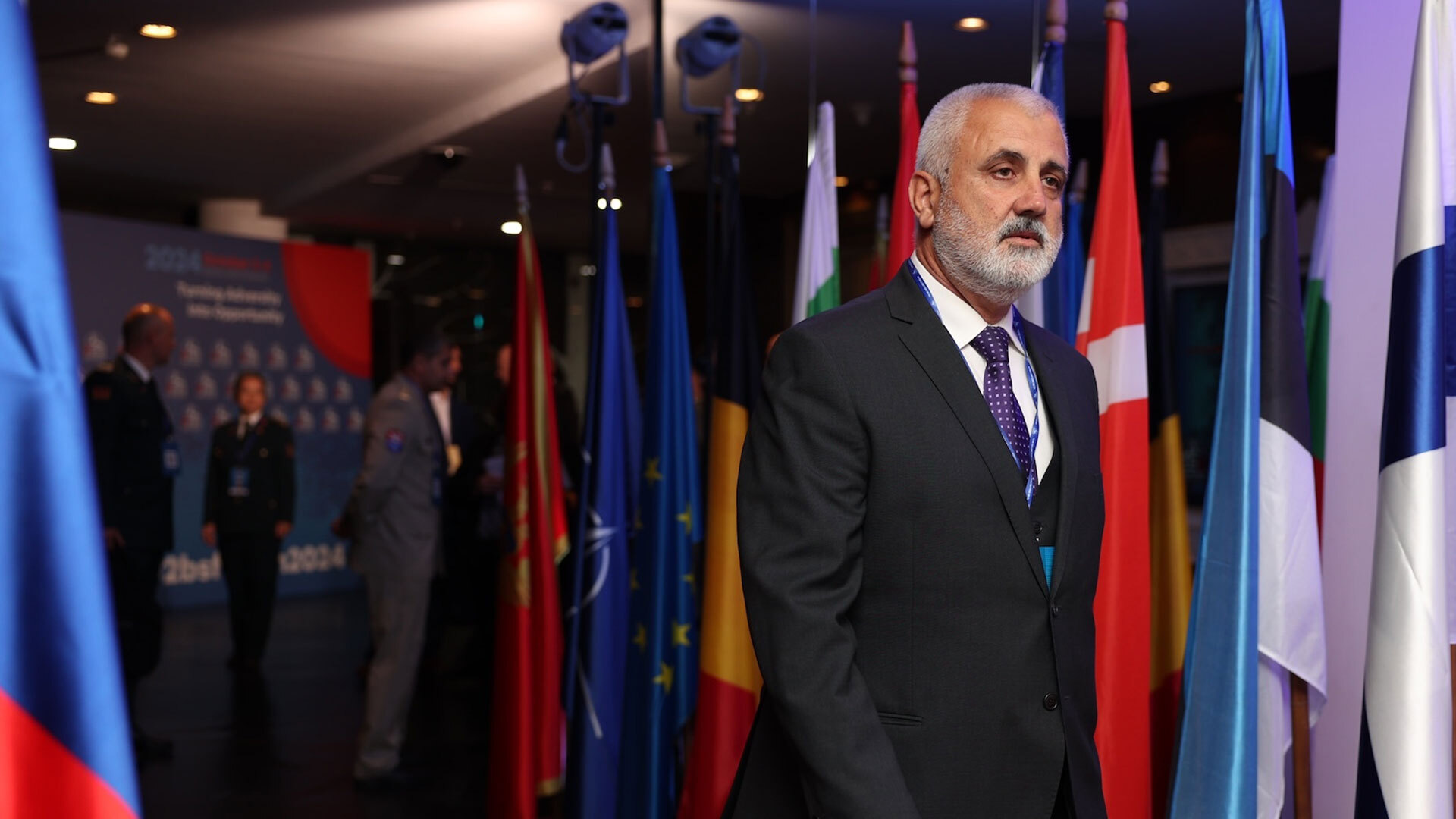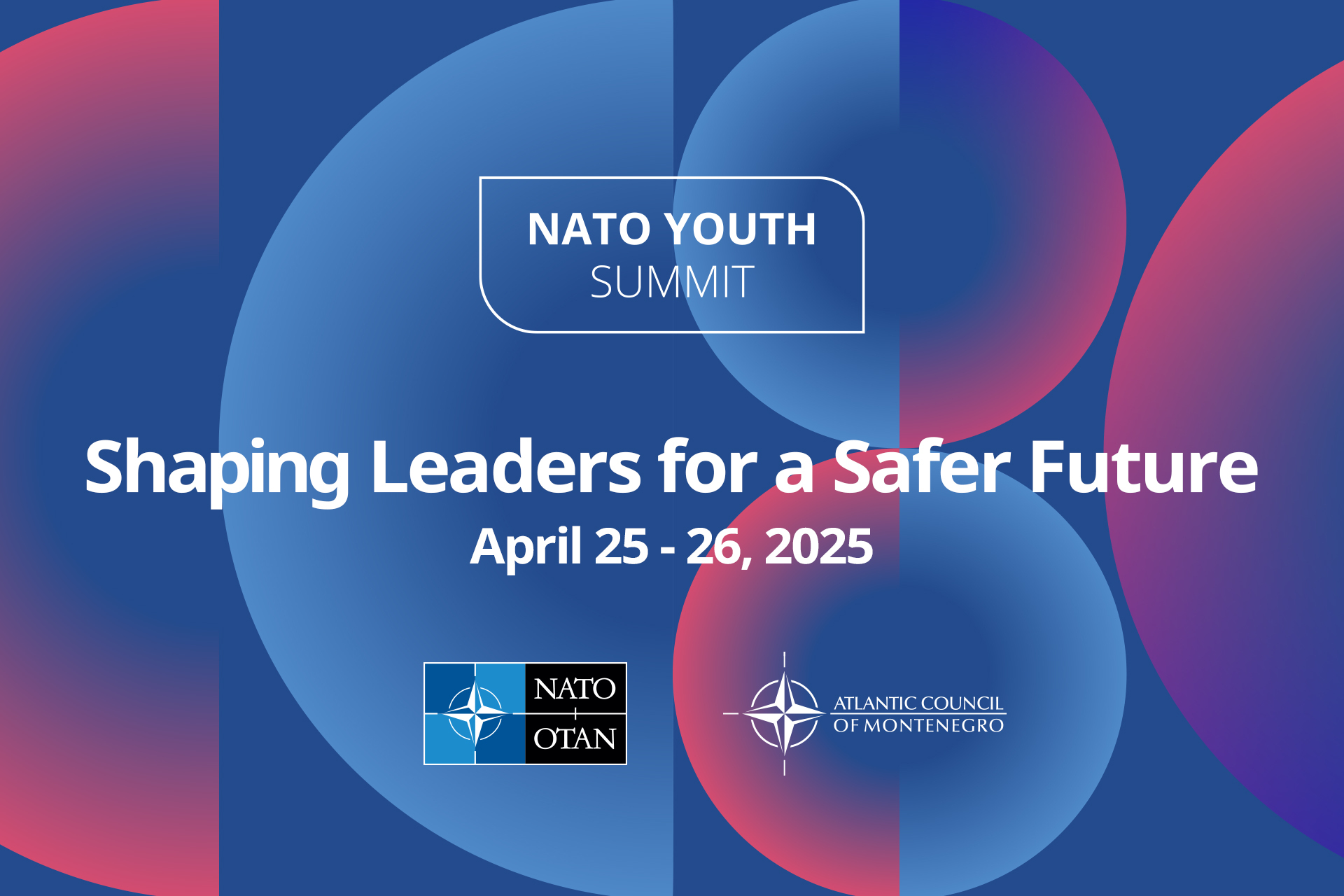Authored text by the Senior Fellow of the Atlantic Council of Montenegro, Admiral in retirement Dragan Samardžić
On October 1, Iran launched a massive missile attack on Israel. Approximately 180 ballistic were launched, primarily targeting military and civilian sites in central Israel, including the Mossad headquarters in Tel Aviv and military bases in the south. According to sources Iranian General Staff, three Israeli air force bases were targeted:
- Hatzerim, in the Negev desert (south)
- Tel Nof, 20 kilometers south of Tel Aviv
- Nevatim, 15 kilometers from the town of Beersheba, where F-35 aircraft are located, was the main military target. It is assumed that the F-35 aircraft were airborne during the attack to avoid destruction and participate in intercepting and shooting down missiles.
It seems that Iran learned some lessons from the unsuccessful airstrike carried out on April 13 of this year and identified the strengths and weaknesses of Israeli air defence. In a short timeframe, a huge number of missiles were launched, resulting in the “saturation” of an otherwise very effective air defence system of Israel, thus a certain number of missiles “breached the defence” and hit several civilians and some military targets, although with questionable efficiency. The US Navy provided assistance to Israel in intercepting ballistic missiles, responding to an order from President Biden to engage in Israel’s defence.
The Iranian Revolutionary Guard announced that the attack on Israel was carried out in response to the violation of the sovereignty of the Islamic Republic of Iran through the assassination of Hamas leader Ismail Haniyeh, the leader of the resistance axis, as well as the senior advisor of the Revolutionary Guard in Lebanon, Major General Abbas Nilfourshan.
On the other hand, Israel is not sitting idly by but is preparing a strong response. Prime Minister Benjamin Netanyahu has stated that Iran made “a big mistake” and that it will “pay for it”. Spokesperson of the Israeli military, Rear Admiral Daniel Hagari announced: “The Iranian attack is a heavy and serious escalation. There will be consequences… We will respond wherever, whenever, and however we decide, in accordance with the directive of the Israeli government”.
Earlier, analysts warned that Netanyahu’s goal is to involve Iran in the conflict in order to provoke active US engagement in the war in the Middle East. The question is how Israel will respond and what role will the US have in the counterattack. President Biden has already announced that Iran will face “serious consequences”. It is clear that the Biden administration faces a great challenge in how to support its traditional ally Israel while simultaneously avoiding a larger war that could draw the US into the conflict in the Middle East.
There are several possible scenarios for Israel’s response.
The greatest threat to Israel comes from Iranian nuclear facilities, which have long been a primary target of Benjamin Netanyahu. An attempt to destroy them could lead to a massive escalation and a real danger of Iran launching a large-scale retaliation. There is also concern that the destruction of such facilities could trigger radiation with catastrophic consequences, making this scenario unlikely.
It is more certain that Israel will carry out attacks on Iranian military targets in Syria and on critical Iranian infrastructure. It is certain that the attacks will be well-planned, massive, and efficient, with precisely defined objectives. In the first phase, the focus will be on neutralizing the greatest threats to the effectiveness of the attacks, early warning systems, and air defence facilities, after which the targets will be radar positions, air defence objects, and command centers. This would be followed by a massive attack on the Iranian military and critical infrastructure, primarily on oil and energy facilities. Inevitably, Iran will face huge consequences.
The Israeli counterattack on Iran could trigger a chain reaction and a general mobilization of other regional actors that have Iran’s support, primarily Hezbollah in Lebanon, the Houthis in Yemen, Palestinian militant groups from Haza and Syria, and Iraqi Shiite militias.
Meanwhile, while the method and scope of the response are being considered, Israel has initiated a “limited and targeted” ground operation, with the goal of destroying Hezbollah’s infrastructure in southern Lebanon. Additionally, the Israeli Airforce has continued its air campaign, targeting command centers, weapon storage facilities, and other military infrastructure of Hezbollah throughout Lebanon.
The UN Security Council will meet today urgently to discuss the escalation of the conflict in the Middle East. UN Secretary-General Antonio Guterres condemned the escalation of the conflict in the Middle East and called for a “ceasefire”. In response, former Israeli Prime Minister Naftali Bennett called Guterres a coward, urging him to resign since the UN is incapable of doing anything to prevent one country from attacking another.
Given the previous ineffectiveness of the UN and other international organizations in preventing and stopping the escalation of conflicts, it seems inevitable that the Israeli-Iranian conflict will escalate into a broader regional conflict of greater scale, with far-reaching consequences for the entire world.









